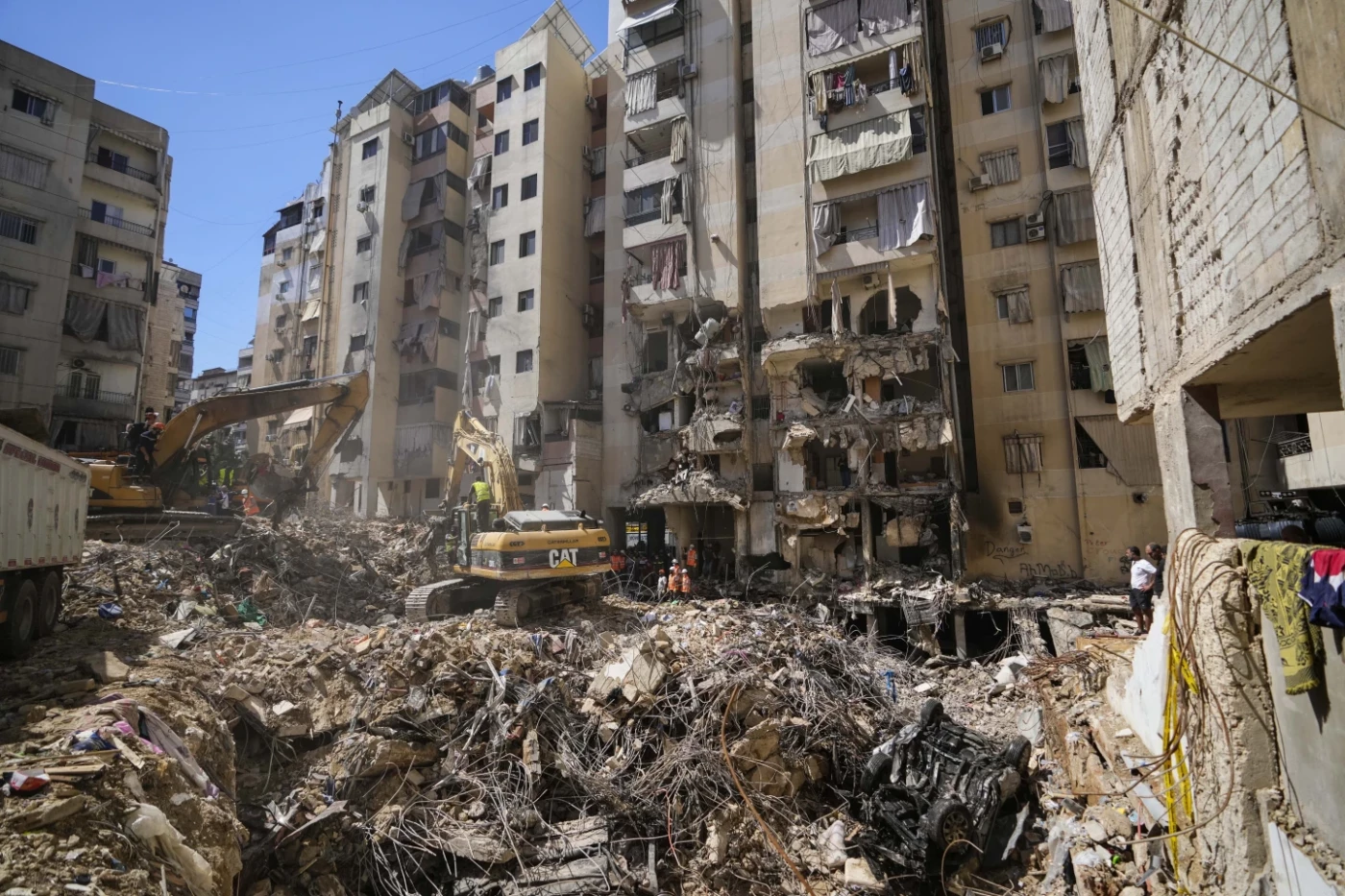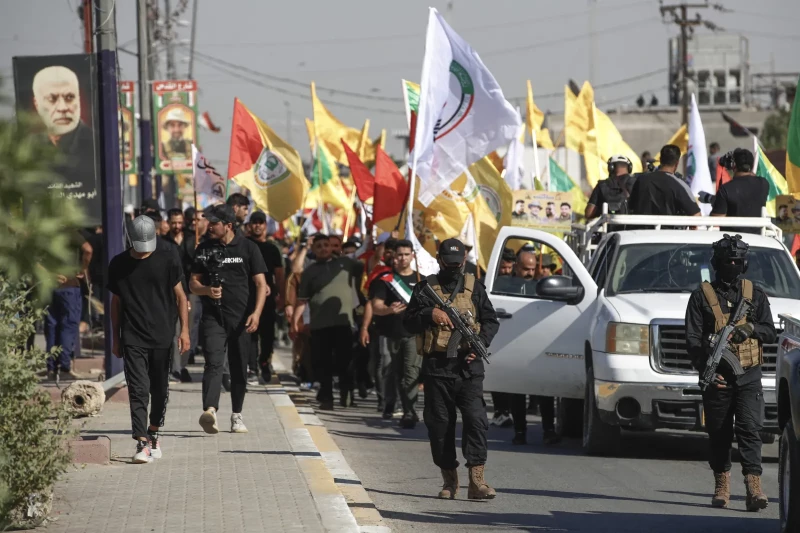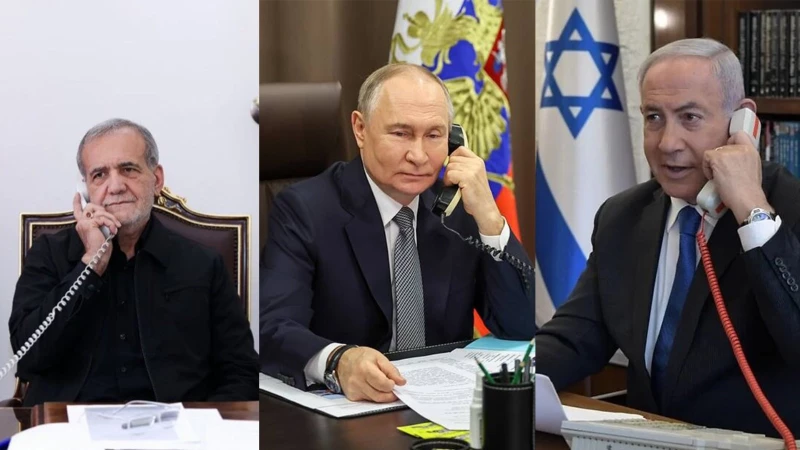ERBIL, Kurdistan Region of Iraq - Iraqi Prime Minister Mohammed Shia’ al-Sudani on Tuesday issued a set of directives to facilitate the entry and stay of Lebanese people in Iraq, as Baghdad condemns Israel’s recent deadly strikes on Lebanon.
Israeli Defense Forces (IDF) on Monday launched a widespread aerial offensive on southern Lebanon, killing around 500 people and wounding over 1,600 others, according to the latest tally by the Lebanese health ministry. In Beirut and other cities, schools were shut down and repurposed to host thousands fleeing the bombardments.
In light of the attacks, Sudani directed relevant authorities to extend entry visas for Lebanese citizens in Iraq “without the need to travel for a period of thirty days,” exempt from penalties Lebanese citizens currently in violation of Iraq’s Foreigners’ Residence Law, and continue to provide free visas for Lebanese citizens arriving at Iraqi border crossings.
Iraqi President Abdul Latif Rashid strongly condemned the Israeli airstrikes, calling on the international community to assume its "legal and moral responsibilities" and bring an end to the Israeli aggression.
“Amid these dangerous developments, Rashid called for the necessity of an international stance to stop the aggressive actions, as they could lead to the region slipping into dangerous scenarios that serve no one, and to prevent escalation and the extension of the war to Lebanon or any other area,” read a statement from the Iraqi president’s office on Tuesday.
The office of Iraq’s top Shiite authority Ayatollah Ali al-Sistani on Monday expressed solidarity with the Lebanese people and called for urgent efforts to stop the “barbaric aggression."
“We will do everything possible to alleviate the suffering of our brothers in Lebanon through air and land bridges, facilitating the shipment of fuel to operate power stations needed by Lebanese hospitals and service institutions,” said Sudani in response to Sistani’s call.
The Iraqi prime minister also announced that Baghdad is working on holding an emergency meeting between the Arab leaders currently present in New York for the UN General Assembly to discuss the repercussions of the Israeli aggression on Lebanon.
Iraqi Foreign Minister Fuad Hussein said that Baghdad has suggested holding an emergency "Arab and Muslim summit" to unify efforts to bring an end to the Israeli attacks on Lebanon, stressing the need for "urgent and collective action" to protect the Lebanese people.
Iraq’s powerful Shiite cleric Muqtada al-Sadr in a statement on Tuesday called for providing aid to the Lebanese people, including calls on businessmen to donate towards opening guesthouses in Lebanon and Syria for the wounded and displaced
"I call upon my brothers who run processions along the holy road to Karbala to open their processions to the displaced from Lebanon as needed. This is the least we can do to honor the martyrs and the fighters,” said Sadr.
Muhsin al-Mandalawi, Iraq’s acting parliament speaker, condemned the attacks, urging the government and humanitarian organizations to swiftly respond to Sistani’s call and dispatch humanitarian, medical, and logistical aid to Lebanon, open Iraqi hospitals to receive those critically injured, and provide necessary support for those displaced by the “brutal crimes.”
Israel and Hezbollah have since last week engaged in cross-border daily exchanges of fire, following a major Israeli cybersecurity attack which targeted communication devices including pagers and walkie-talkies, claiming dozens of lives and wounding around 4,000
As tensions rise, observers warn that Monday’s attack could mark a turning point in the regional conflict, potentially prompting a coordinated response from Hezbollah and its allies in Iraq and beyond. Many are questioning how these developments will impact the stability of the region in the coming weeks.
The IDF reported that more than 100 rockets were launched from Lebanon into northern Israel on Tuesday morning, including 50 rockets targeting the Kiryat Shmona area. The Israeli military also announced a new wave of airstrike targeting alleged Hezbollah positions in southern Lebanon.



 Facebook
Facebook
 LinkedIn
LinkedIn
 Telegram
Telegram
 X
X


